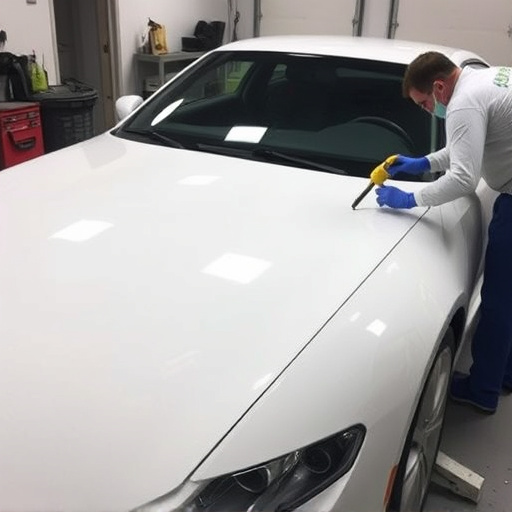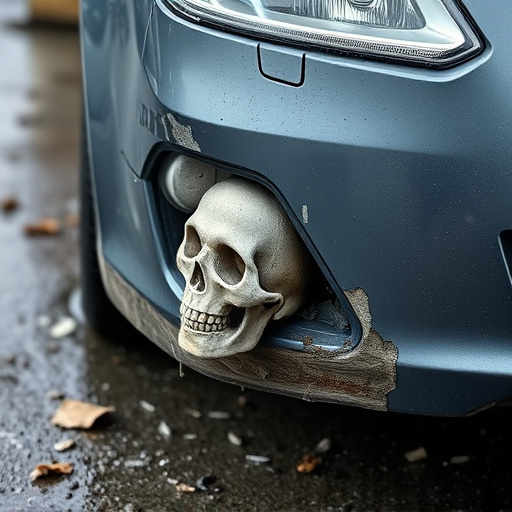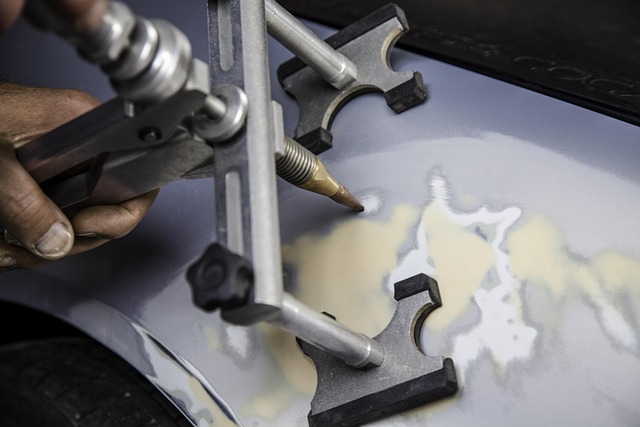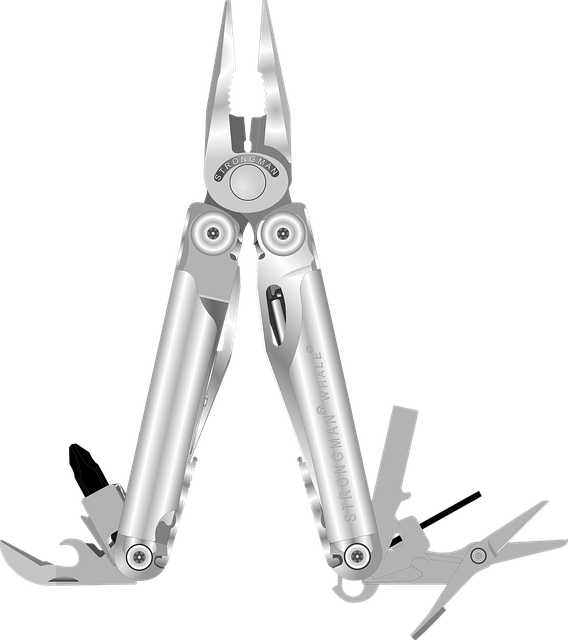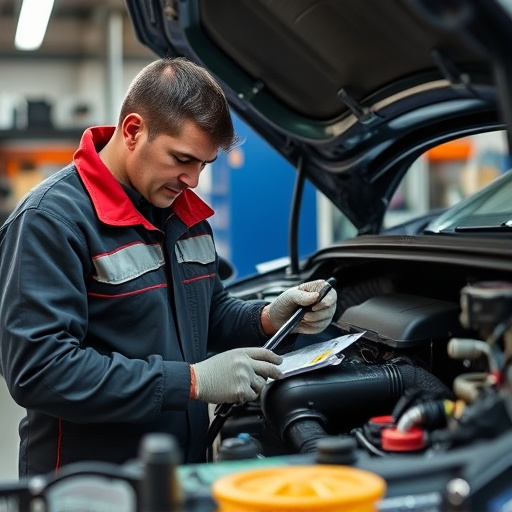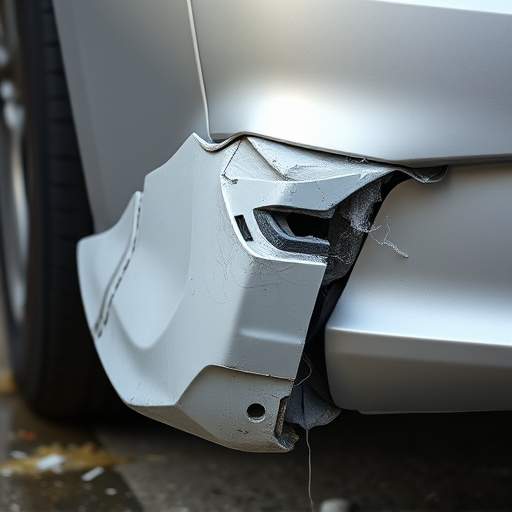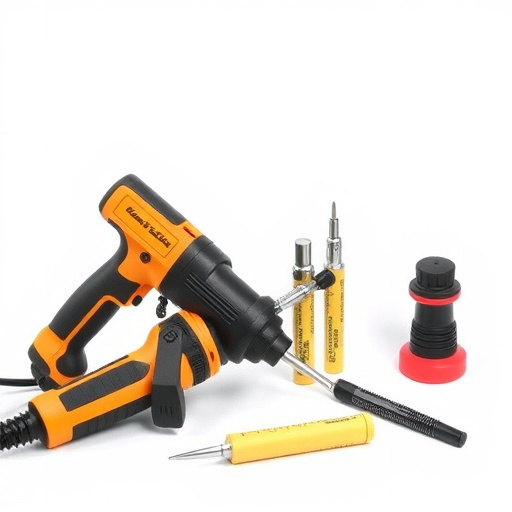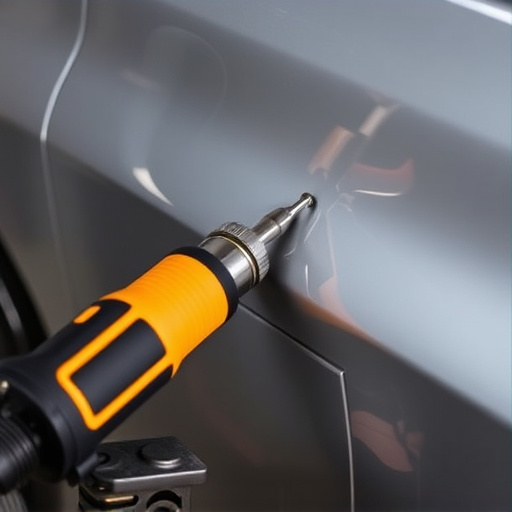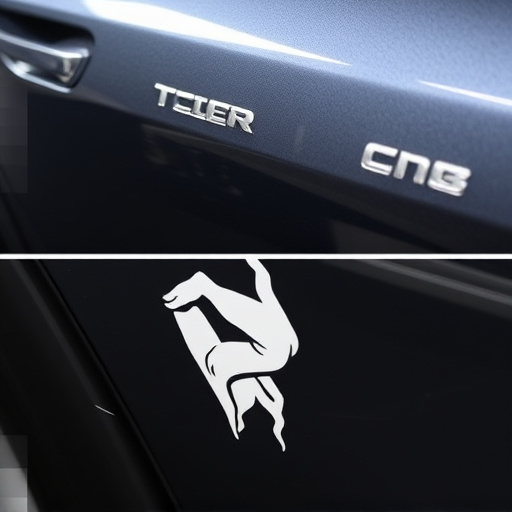Understanding Mercedes-Benz collision repair claims highlights a structured process emphasizing accuracy and fairness. The initial phase involves damage extent and cost estimate reviews, leading to internal or panel approvals for complex cases. After authorization, the execution phase begins, ensuring clear communication throughout. Delays in the claim approval timeline are often due to complex damage assessments, parts sourcing, coordination issues, and shop scheduling conflicts. Efficient workflow management minimizes these setbacks. Proactive steps include prompt document submission, clear photographs, and open communication with insurance providers to expedite claim approvals.
Navigating the complexities of a claim approval process can be daunting, but understanding the timeline offers clarity. This article serves as your guide through the intricacies, breaking down the various phases of a claim approval and highlighting potential delays. We explore common causes behind these setbacks, providing insights to help expedite your claim timeline. By the end, you’ll be equipped with strategies to navigate this process efficiently, ensuring a smoother journey towards resolution.
- Understanding Claim Approval Phases
- Common Delays and Their Causes
- Strategies to Expedite Your Claim Timeline
Understanding Claim Approval Phases
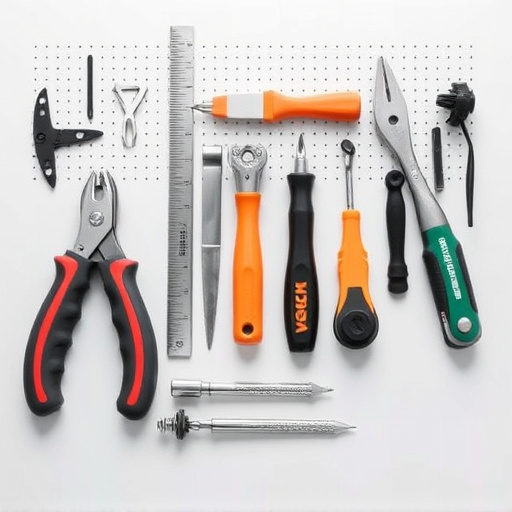
Understanding Claim Approval Phases
When it comes to a claim approval timeline for Mercedes-Benz collision repair or any automotive repair, the process is typically divided into several distinct phases designed to ensure accuracy and fairness. The initial phase involves receiving and reviewing your claim, where details like damage extent and cost estimates are meticulously assessed. This step sets the stage for the subsequent processes, which may include internal approval from insurance companies or specialized panels for complex cases of car body repair.
The second phase focuses on actual authorization, where decision-makers approve or deny the claim based on the assessment. If approved, the process moves into execution, where the automotive repair begins, whether it’s a simple fix or a comprehensive restoration. Throughout these phases, clear communication is key to keeping you informed about your claim’s progress, ensuring a smooth and transparent experience despite the challenges of navigating an accident and its aftermath.
Common Delays and Their Causes
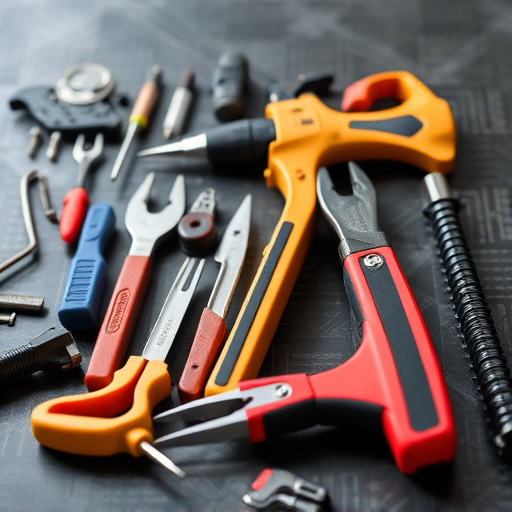
Delays are an unfortunate part of many processes, including the claim approval timeline for auto repairs. When it comes to vehicle repair services or a visit to a vehicle body shop, various factors can contribute to extended wait times. One common reason is the complexity of the repair work itself. In-depth damage assessments and precise calculations take time, especially in cases of severe incidents. Additionally, sourcing specialized parts required for less common vehicle models might lead to delays while waiting for suppliers to procure them.
Another significant cause of postponements lies in the coordination between various parties involved in the claims process. Communication lapses or pending approvals from insurance providers can slow down the entire timeline. Furthermore, scheduling conflicts within a busy auto repair shop catering to numerous customers seeking vehicle body work might result in delays. Finding a reliable auto repair near me that efficiently manages its workflow is essential to minimizing these setbacks and ensuring prompt claim approval.
Strategies to Expedite Your Claim Timeline
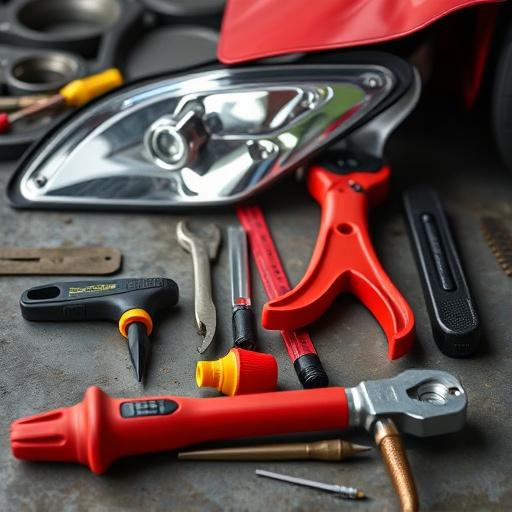
To expedite your claim approval timeline, consider proactive steps that can streamline the process. One effective strategy is to ensure all necessary documents are submitted accurately and promptly. This includes detailed reports from auto body services or frame straightening experts, along with clear photographs documenting the damage. A well-organized and complete initial submission can significantly reduce delays caused by back-and-forth communication for missing information.
Additionally, maintaining open lines of communication with your insurance provider is vital. Regularly updating them on the progress of car body restoration work and any changes in the claim details can help prevent misunderstandings. Proactive engagement also allows for quicker adjustments to the claim approval timeline if unexpected challenges arise, ensuring a smoother overall process.
Understanding the potential delays and having strategies in place can significantly impact your claim approval timeline. By being aware of the phases, identifying common causes, and employing expediting tactics, you can navigate the process more effectively. Remember, while a prompt resolution is ideal, each case is unique, and keeping open communication with your insurance provider is key to ensuring a fair and timely claim approval.

